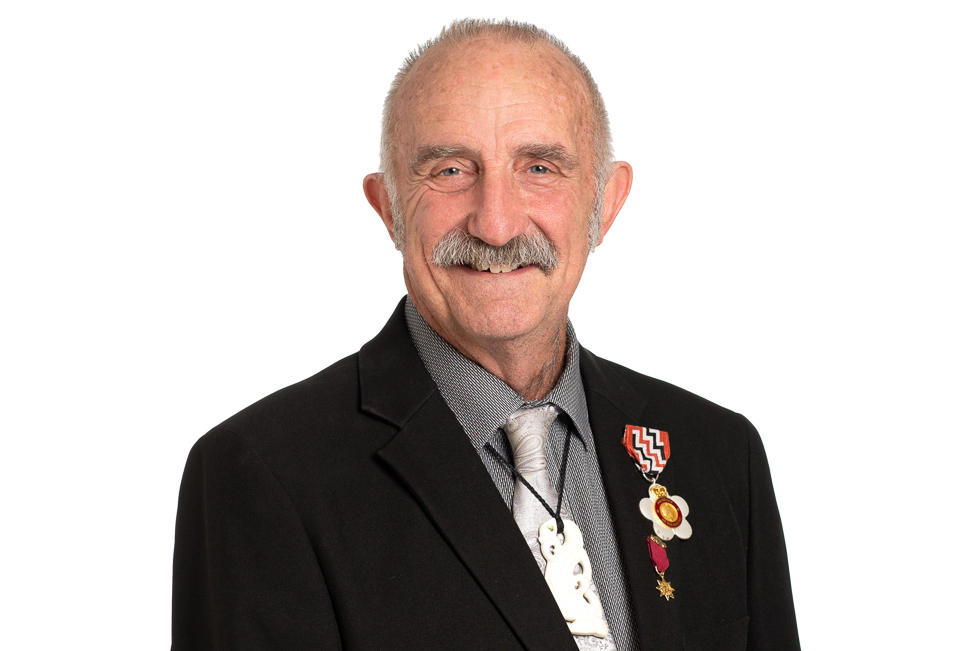The challenges of water reform
By Mayor John Carter.
A year ago, the Government launched its Three Waters Reform Programme. This proposes reorganising the delivery of the nation’s drinking water, wastewater and stormwater services and was sparked by the waterborne outbreak of campylobacteriosis in Havelock North in 2016.

A year ago, the Government launched its Three Waters Reform Programme. This proposes reorganising the delivery of the nation’s drinking water, wastewater and stormwater services and was sparked by the waterborne outbreak of campylobacteriosis in Havelock North in 2016. A report into that incident estimated that over 5500 Havelock North residents became ill from drinking infected town water with 45 being hospitalised. Tragically, four died.
National drinking water standards have since been tightened and, at the same time, there is a push to improve water quality in rivers and at our beaches. Government officials estimate that spending on three water services will have to double over the next 30 years to meet water quality goals. Local Government Minister, Nanaia Mahuta, says this could cost as much as $185 billion. This highlights the dilemma faced by local authorities. Achieving these goals will require levels of investment far beyond what councils and ratepayers can afford.
Last week, the Government released new details on its reform proposals. It wants one organisation to take over provision of drinking water, wastewater and stormwater services in Northland and Auckland. Remember this is a proposal only. We are now studying details to get a clearer idea of how this would affect our residents. According to Government calculations, the current average costs of three waters services for Far North households would fall from $1,120 a year in 2021 to $800 a year in 2051. If we did not join the reform programme, average household costs would rise to $8,690 or more a year in 2051. Those figures are compelling, but Whangarei District Council was not persuaded. It has stated it does not want to the join the programme. Auckland City Council has also expressed reservations.
Northlanders have rejected past proposals to merge local government services and before we make any commitment to this proposal, we need to fully understand the advantages and disadvantages of an entity providing three waters services to 1.7 million people across a large geographic area. My concern is that the ‘local’ in local government will disappear and our voice will be drowned out by demands of much larger urban centres south of us.
Many Far North households and businesses currently rely on private water supplies. The recently introduced Water Services Bill, which has not yet become law, may require councils to take over private water networks that fail to meet standards. The Bill defines a water network as any water supply that is not a single-dwelling supply, so the new standards will apply to marae, community facilities and others. I think many residents will see this as bureaucratic over-reach that is unnecessary and unwanted.
None of us want a repeat of the Havelock North incident and we all want our rivers and coastlines to be clean and healthy. However, these proposals represent the biggest restructure of local government since councils were amalgamated in 1989, and the decisions we make now will affect everyone. I will update you again when we know more.
Tags: News story

